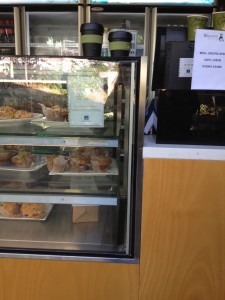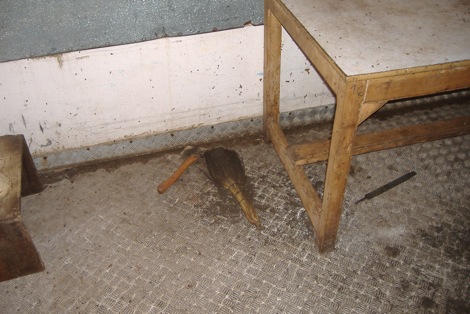Toronto, Los Angeles and New York City, along with hundreds of jurisdictions have figured this out: public health should disclose public health ratings, at the door, when people make up their mind about entering an establishment to  spend their money.
spend their money.
But the UK and several Australian states go through this convulsed process where they have scores on doors, but restaurants only have to post them if they want to, and who knows about food in school or hospital cafeterias.
The Brits were never ones for public disclosure (see Mad Cows and Mother’s Milk, 1997, or Yes, Minister).
Australian newspapers are reporting that customers are demanding voluntary food hygiene ratings become mandatory across New South Wales restaurants.
Same in the UK.
As someone who has been involved in these public disclosure efforts, including NSW’s back in the day, and advocated mandatory public disclosure from the beginning, it’s painful to watch the contortions.
According to The Border Mail, “Some retail food businesses in NSW display their rating in the window, but only if their council signs up to the program and only if the business is happy with its rating.
Councils and industry groups are calling on the NSW Food Authority initiative, Scores on Doors, which issues certificates with three, four and five-star ratings during routine health inspections, to be made mandatory to standardise food safety across NSW and give customers more consistent information about hygiene at food establishments.
Since the program was launched in 2010, only about one-third of local governments in NSW have adopted the system.
North Sydney Council is the latest to announce that from July 1, following annual food safety inspections, it will begin issuing certificates that eateries can then choose to display.
“If a restaurant is displaying the purple and green poster, it has met minimum hygiene and food safety standards during the last food inspection. If it’s not displaying one, they can ask why,” North Sydney mayor Jilly Gibson said.
Wok On Inn at The Rocks, which scored five stars, has been displaying the certificate since the end of last year, and waiter Sunny Dongdang said he thinks that all businesses should be required to do so.
The best places will always come forward.


 standards.
standards..jpg) Pennington who chaired a public inquiry into the 2005 E.coli outbreak in south Wales.
Pennington who chaired a public inquiry into the 2005 E.coli outbreak in south Wales. support of calls for a mandatory
support of calls for a mandatory  Star ratings from zero to five allocated under the Food Standards Agency’s scores-on-the-doors scheme will be listed on a single website.
Star ratings from zero to five allocated under the Food Standards Agency’s scores-on-the-doors scheme will be listed on a single website.